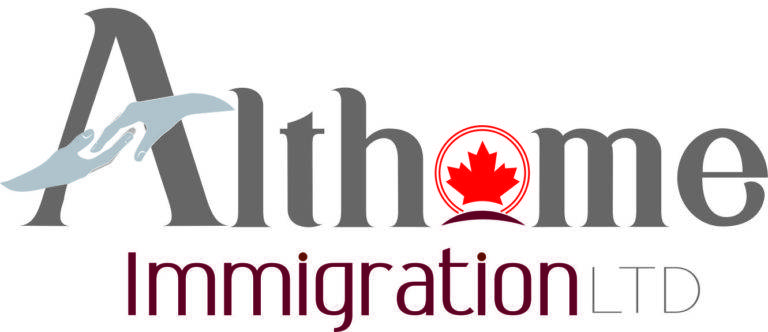1. Cap and provincial attestation letter:
Starting from 8:30 a.m. ET on January 22, 2024, the majority of new international students pursuing post-secondary education at the college or undergraduate level are required to include a Provincial Attestation Letter (PAL) from a province or territory along with their study permit application. Failure to provide a PAL will result in Immigration, Refugees and Citizenship Canada (IRCC) returning the application, unless specific exemptions apply.
This confirmation will act as verification that the student has been included in a provincial or territorial allocation under the national cap. Provinces and territories have been requested to develop a strategy for issuing PALs by March 31, 2024. The Government of Canada is collaborating with the Government of Quebec to explore the possibility of the certificat d’acceptation du Québec pour études serving as a PAL.
International students whose applications were submitted to IRCC before 8:30 a.m. on January 22, 2024, and those who have already obtained approval for a study permit and plan to travel to Canada for an upcoming program, are not required to take any additional steps due to the implementation of the cap.
Who is required to obtain a provincial attestation letter?
- The majority of post-secondary study permit applicants
- Most participants in non-degree granting graduate programs (e.g., certificate programs and graduate diplomas)
- Any other individuals not specified in the exemption list provided below
Who is exempt from the requirement of obtaining a provincial attestation letter?
- Primary and secondary school students
- Master’s or doctoral degree students
- Visiting or exchange students
- In-Canada study permit and work permit holders, including those seeking extensions
- In-Canada family members of study permit or work permit holders
- Students whose applications were submitted before 8:30 a.m. ET on January 22, 2024.
2. Update regarding the Post-Graduation Work Permit (PGWP) for graduates of master’s degree programs:
Acknowledging the potential of master’s degree graduates to thrive in Canada’s job market and potentially transition to permanent residence, they have adjusted the duration of the Post-Graduation Work Permit (PGWP). This change aims to provide them with sufficient time to acquire the necessary Canadian work experience for their permanent residency application.
As of February 15, 2024, graduates from master’s degree programs lasting less than 2 years, who fulfill all other PGWP eligibility criteria, will have access to an extended 3-year post-graduation work permit. For programs other than master’s degrees, the duration of PGWPs will remain congruent with the length of the study program, with a maximum limit of 3 years.
Who qualifies for an extended post-graduation work permit (PGWP)?
Graduates from programs lasting a minimum of two years at PGWP-eligible designated learning institutions are eligible for a 3-year PGWP. Similarly, graduates from master’s degree programs with a duration of less than 2 years also qualify for the extended 3-year PGWP.
3. Eligibility for Post-Graduation Work Permit (PGWP) in public-private partnership college programs:
In some provinces, public colleges can authorize affiliated private colleges to deliver their curriculum. Consequently, students physically attend private colleges but earn diplomas from public institutions upon graduation. Issues have been raised about the educational quality provided by these institutions and the insufficiency of student support services. Additionally, the Auditor General of Ontario has highlighted concerns regarding the lack of oversight concerning program quality and student services at these establishments.
Consequently, IRCC has implemented a modification to limit PGWPs for these institutions. This adjustment anticipates that by disallowing PGWP applications, there will be a decline in the enrollment of international students in these programs.
Who qualifies for a PGWP after completing studies in a public-private partnership college program?
- International students currently enrolled will still be eligible for a PGWP as long as they meet the other criteria of the program.
Who does not qualify for a PGWP upon completion of studies in a public-private partnership college program?
- New students enrolling in this program type will be ineligible for a post-graduation work permit.
4. Updates regarding eligibility for open work permits for spouses:
In the upcoming weeks, there will be updates to the eligibility criteria for open work permits for spouses and common-law partners of international students.
Who qualifies for an open work permit?
Open work permit eligibility is restricted to spouses and common-law partners of students enrolled in graduate (master’s and doctorate) and professional degree-granting programs exclusively. Following the implementation of these adjustments, spouses and common-law partners of international students who are looking to renew their current work permit will remain eligible under this category.
Who will be ineligible for an open work permit?
Spouses and common-law partners of international students in programs other than graduate (master’s and doctorate) and professional degree-granting programs, such as undergraduate and college programs, will no longer qualify for an open work permit unless they already possess one under this category.
